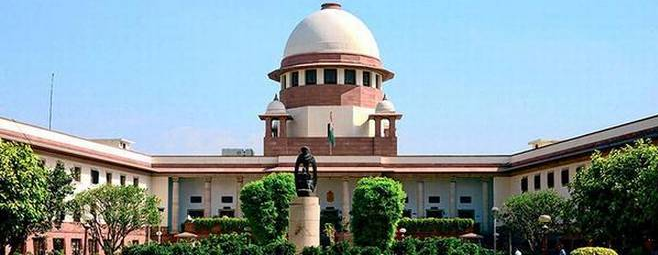Home buyers accept SC judgment that helps to recover its dues on stalled projects.
By Abhay Shah, Realty Quarter

The judgment of the Supreme Court on Friday reaffirming the privileges of end-use home buyers as economic creditors under the Insolvency and Bankruptcy Code (IBC) is anticipated to provide security and hope of regaining their dues, particularly in projects that are stuck for a long time with no delivery in sight.
There are approximately 1.74 lakh-stalled residential units across the top seven towns Delhi-NCR, Mumbai, Pune, Bengaluru, Hyderabad, Chennai, and Kolkata and their owners can now claim their stake by launching insolvency lawsuits against the itinerant builders.
This is also anticipated to restrict banks’ loan delinquencies and residential finance companies that are exposed to retail borrowers. While being a booster of trust for end-use house buyers, the decision will continue the sector’s strengthening process, weeding out non-serious builders. However, investors may not be willing to quote this judgment to leave projects that are stuck.
“The decision of the SC reaffirms house buyers’ privileges under IBC as financial creditors. This is a landmark judgment when it comes to real house buyers. However, this may not be happy news for investor-home buyers who have launched IBC against developers to seek withdrawal from their assets due to the real estate market’s present situation,” said Abhilash Pillai, Partner, Cyril Amarchand Mangaldas.
The apex court said the IBC is giving house owners an extra forum to increase grievances, stating that the IBC, Real Estate Regulation Act (RERA) and Consumer Protection Act regulations will function in harmony. The court further stated that the IBC regulations will prevail in the event of any dispute between the three Acts.
“For house buyers, it’s a major boost because they now have another legal platform to interact with unscrupulous real estate developers. Since doubts about the legal validity of the said amendment are now being solved, home buyers as a member of the committee of creditors (CoC) will also be able to better protect their interests if builders themselves or banks or any other stakeholders drag a company to NCLT. The decision will assist to bring safety to the real estate industry,” said Abhay Upadhyay, president, Forum for People’s Collective Efforts.
However, developers will have two IBC defenses accessible under the IBC. One, if the house buyer fails to pay under the builder-buyer agreement, there will be no relief entitlement including compensation payment. Two, the promoter may challenge the insolvency plea of the buyer at the NCLT under section 60(5) of the IBC on the basis that it has been fraudulently filed with malicious intent.
“It’s a judgment of balance. Many home buyers are looking for cancellations with a slowdown in the real estate industry, which is not going to be feasible now. Also, it won’t be possible for speculative investors to use the IBC to get exits,” said CREDAI president, Kishore Jain. The NAREDCO Developers Association supported the judgment saying that it offered house owners equal standing as financial creditors.
“This will eventually allow projects to be completed that benefit both lenders and house buyers. As a result of successive policy changes, the liquidity crisis over the industry has created numerous issues for NBFCs and banks,” NAREDCO, National President, Niranjan Hiranandani said.
According to ANAROCK studies, in the top seven cities, as many as 220 projects equivalent to 1.74 lakh homes are totally stopped.




















































































